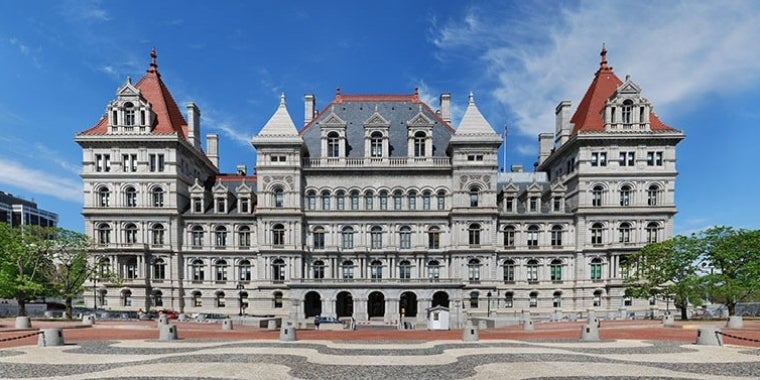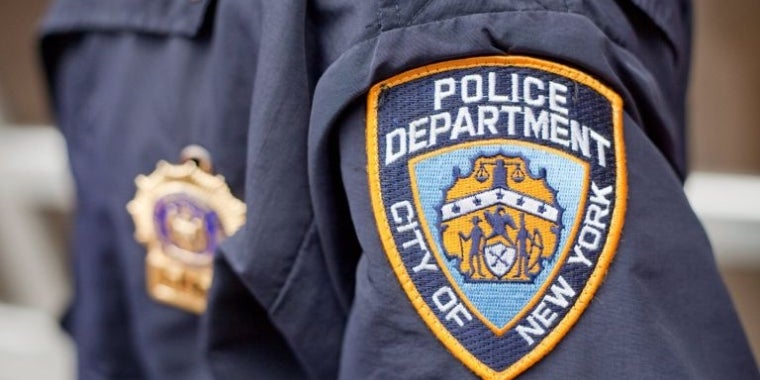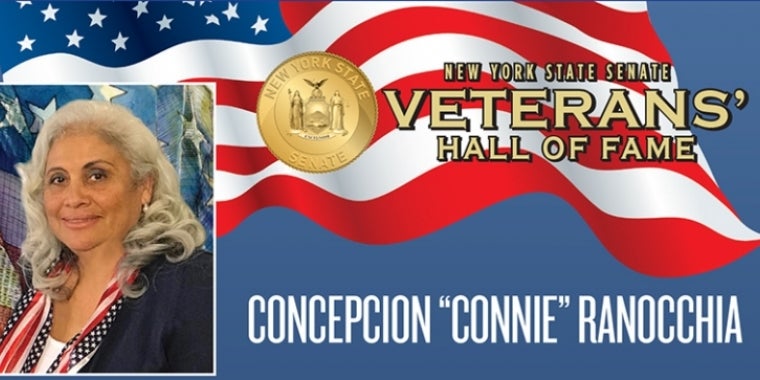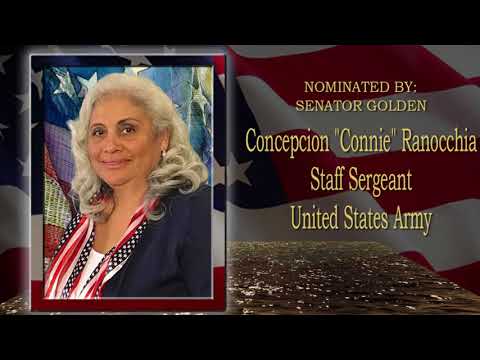
Senate Passes Dwi Legislation
SENATE PASSES DWI LEGISLATION
Bills Upgrade Tough Penalties For Aggravated Vehicular
Assault and Vehicular Murder While Intoxicated,
Increase Sanctions for Other DWI Offenses and Combat Underage Drinking
Albany- State Senator Martin J. Golden (R-C, Brooklyn) joined his colleagues in the New York State Senate this week passed a package of legislation to combat the growing problem of driving while intoxicated, upgrading tough penalties for the crimes of aggravated vehicular assault and vehicular murder, increasing the license revocation period for persons convicted of DWI offenses, and curbing underage consumption of alcoholic beverages.
"The incidence of drunk driving occurs all too frequently in our society, sometimes with tragic and deadly consequences," said Senator Marty Golden. "Simply stated, there is no excuse for putting other people’s lives in jeopardy due to the lack of responsibility of a drunk driver. The legislation passed sends a very clear and unequivocal message that severe penalties will result if you get behind the wheel of a car and are caught driving while intoxicated."
Aggravated Vehicular Assault and Vehicular Murder
The State Senate today passed legislation (S.1697), sponsored by Senator Joseph Robach (R-C-I, Rochester), that creates stronger penalties for those who severely injure, or kill people while recklessly driving while intoxicated.
The legislation adds a reckless driving element to the crime of aggravated vehicular assault, a class C felony. A person would be guilty of this crime if he or she recklessly caused serious physical injury to another person while operating a motor vehicle, vessel or public vessel, snowmobile or all terrain vehicle while intoxicated or under the influence of drugs.
The bill also adds the element of recklessness to the crime of vehicular murder, a class B felony, for anyone who recklessly causes the death of another person while operating a motor vehicle, vessel or public vessel, snowmobile, or all terrain vehicle while intoxicated or under the influence of drugs.
Increased License Revocation Period for DWI Offenses
The Senate today also passed legislation (S.4735), sponsored by Senator Kenneth P. LaValle (R-C-I, Port Jefferson), that would create a mandatory minimum period of license revocation of one year upon the first conviction of driving while intoxicated.
"Most people would find losing their driving privileges for any length of time disruptive. The thought of having one’s license revoked for a full year would make a person think twice before getting behind the wheel of a car with their ability impaired," said Senator Golden. "Adding teeth to New York’s DWI laws will help make our roadways safer and ensure that drunk drivers are held responsible for their careless actions."
Consumption of Alcohol by Children Under 21
Additionally, the Senate today passed legislation (S.7577A), sponsored by Senator Charles Fuschillo (R, Merrick), that creates "social host" liability for individuals who permit the consumption of alcoholic beverages on their property by persons under 21 years of age.
"Underage drinking is not only illegal, it can lead to drunk driving crashes and sexual assaults among teenagers," said Senator Marty Golden. "Adults who act as bartenders for someone else’s underage child put that child at risk. Creating penalties for adults who knowingly serve alcohol to teenagers will help reinforce the message that New York State is serious about stopping underage drinking."
Social gatherings at private premises where alcoholic beverages are served to or consumed by persons under the age of 21 is harmful to themselves and a threat to public welfare, health and safety. A 2005 survey of teenagers aged 13 to 18 conducted by the American Medical Association found that nearly half of teenagers surveyed reported having obtained alcohol and two out of five teenagers said it was easy to obtain alcohol from a friend's parents.
The bill adds penalties of $250 for a first offense, $500 for a second offense, and for the third offense and any subsequent offense a fine of $1,000 or imprisonment for a term not to exceed one year, or both fine and imprisonment. The bill also permits local governments to enact and enforce local laws or ordinances which contain stricter restrictions than those contained in this proposal.
The bills were sent to the Assembly.



